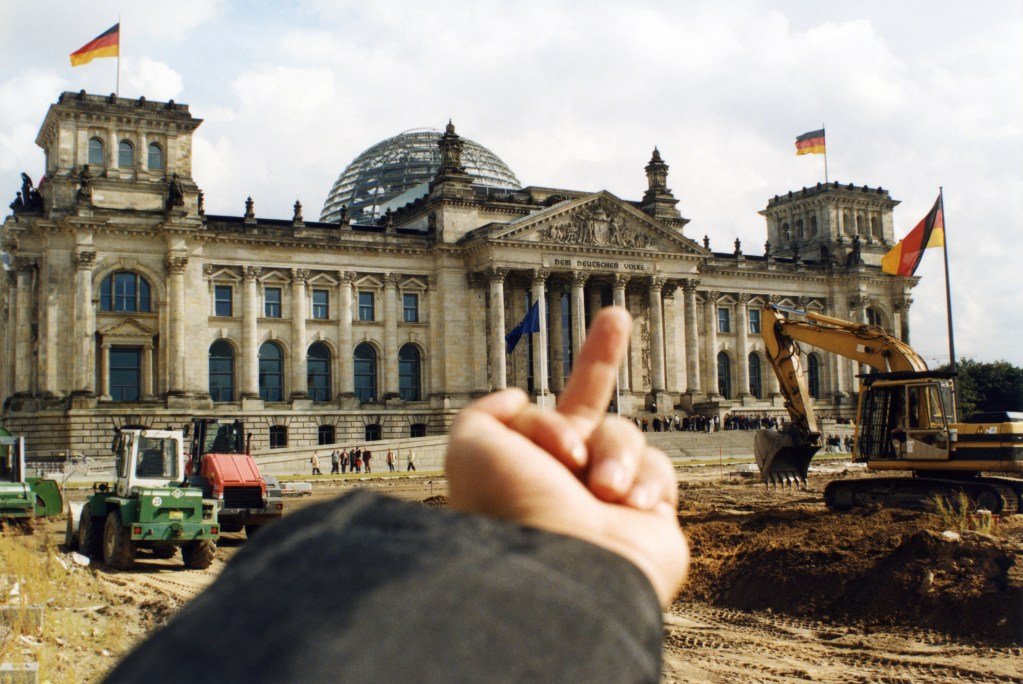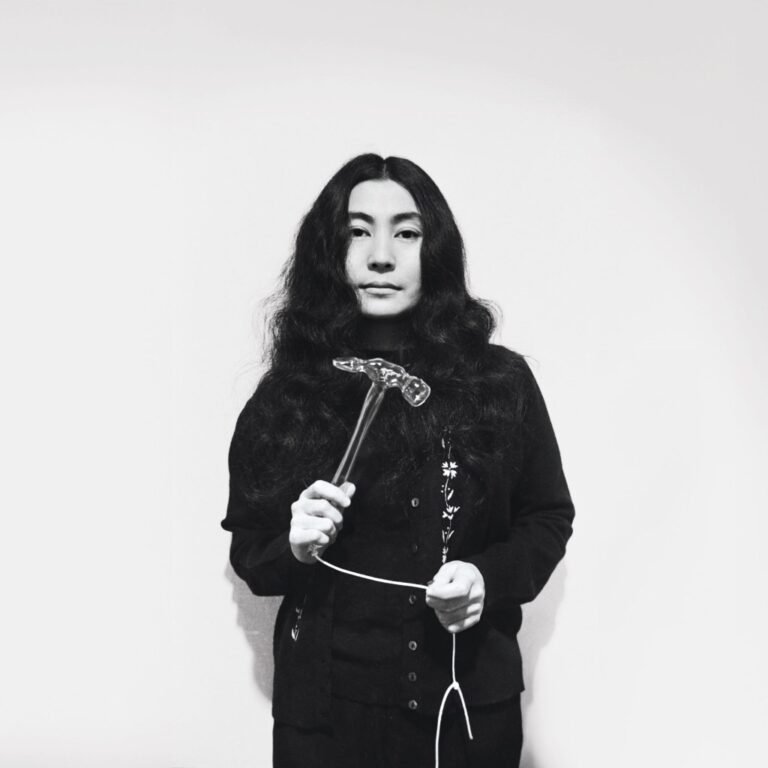

On July 11, Zeit Magazin editor Elisa Pfleger, through our gallery, invited me to contribute 15–20 short reflections on the prompt “What I would have liked to know about Germany earlier” for an upcoming summer issue column. I subsequently wrote and submitted the piece. On July 23, in response to Zeit Magazin’s request for additional reflections in a more personal and light-hearted tone, I provided further contributions. Two days later, we were first shown a shortened and edited version by Pfleger, and then immediately afterward informed that Zeit Magazin’s Executive Editor Johannes Dudziak — Pfleger’s supervising manager — had reviewed the column, canceled its publication, and commissioned new contributions from other writers instead.
“Was ich gern früher über Deutschland gewusst hätte”
By Ai Weiwei
A society governed by regulations, yet lacking individual moral judgment, is more dangerous than one with none at all.
A society that values obedience without questioning authority is destined to become corrupt.
A society that admits to error but refuses to reflect on its origins possesses a mind as stubborn and dull as granite.
Here, at a deserted street, people stop dutifully at a red light. Not a car in sight. This, I once thought, is the mark of a highly evolved society.
At the heart of bureaucracy lies a collective endorsement of power’s legitimacy, and therefore, individuals surrender their moral judgment — or perhaps never developed one. They abandon challenge. They relinquish dispute.
When conversation becomes avoidance, when topics must not be mentioned, we are already living under the quiet logic of authoritarianism.
When the majority believe they live in a free society, it is often a sign that the society is not free. Freedom is not a gift; it must be wrestled from the hands of banality and the quiet complicity with power.

When people sense that power is beyond challenge, they redirect their energy into trivial disputes. And those trivialities, collectively, are enough to erode a society’s very foundations of justice.
When public events of great consequence — such as the Nord Stream Pipeline bombing — are met with silence from both government and media, the silence itself becomes more terrifying than any atomic bomb.
Facts are acknowledged partially, forgotten deliberately, or swallowed by collective silence.
And so we repeat catastrophe — again and again, in cycles.
When the media becomes a servant of public opinion, or avoids conflict to maintain favor with existing powers, it becomes an accomplice to authority.
What we call lies are not always distortions of fact.
Political leaders make decisions steeped in fallacy and failure. This reflects the broader political condition of a society in which most people have surrendered their awareness and even their basic agency — allowing such leaders to enact their mistakes on their behalf.
When a society uses linguistic difference or cultural misunderstanding as excuses for exclusion, it has crossed into a more insidious form of racism. This is not a political opinion — it is an attitude, a stain in blood, passed down like genes.
Bureaucracy is not merely sluggish. It is a cultural scorn. It rejects the possibility of dialogue. It insists that ignorance, codified into policy, no matter how wrong and inhumane it is, remains the best resistance against social mobility, against moral motion. In such a society, hope is not misplaced. It is extinguished.
In the surrounding atmosphere, one sees not culture, but self-congratulation; not art, but insularity and collective reverence for power. What is missing is sincerity — honesty of emotion and of intention. In such an environment, art that grapples with true human feeling or moral reckoning is nearly impossible to produce.
A place that routinely discards self-awareness and erases individual agency is one that lives under iron walls of authoritianism.
I have no family, no fatherland, never known what it is to belong. I belong only to myself. In the best of circumstances, that self should belong to everyone.
I still do not know what art is. I only hope that what I make might touch its edges while it seems unrelated to anything. And in truth, in the best of circumstances it is unrelated to me, for the “I” already melts into everything.
Those things found in galleries, museums, and collectors’ living rooms — are they art?
Who has declared them so? On what basis? Why do I always feel suspicion in their presence?
Works that evade reality, that shy away from argument, from controversy, from debate — be they text, painting, or performance — are worthless. And strangely, it is this worthless work that society most readily celebrates.
I understand now: People crave power and tyranny as they crave sunshine and rain, for the burden of self-awareness feels like pain. At times, even like catastrophe.
Under most circumstances, society selects the most selfish, least idealistic among us to take on the work we call “art” because that choice makes everyone feel safe.
Zusätzlich (Additionally):
In Berlin, I encounter the ever-present Schweinshaxe and Schnitzel, and I can hardly believe that such a highly developed, industrialized country offers such a monotonous selection of ingredients. Even more baffling is the sudden proliferation of Chinese restaurants — most of them noodle-based, and operating at a culinary level that any Chinese person could easily achieve at home. The variety of food and cooking methods is so limited here that people from all over the world feel compelled to open restaurants: Vietnamese, Thai, Turkish — you name it.
But the truly horrifying part? The sheer number of Chinese restaurants. I can only assume they believe that no matter what ends up on the plate, German customers will come running. In front of some of these establishments, there are even long queues — yet the food they serve bears little resemblance to anything recognizably Chinese.
My favorite food in Germany is the bread and sausage — you simply can’t find ones with such distinctive character anywhere else.
I’m puzzled by why so many people would willingly cram themselves into a small bar just to have a long conversation. Since I don’t speak the language, I can only imagine that the young people coming to Berlin would talk about clubbing. This sort of thing was all the rage in the US back in the ’70s and ’80s.
The Germans might be the only people who are truly the furthest from a sense of humor. This could be the result of their deep reverence for rationality. Just look at Berlin Airport or the advertisements for Mercedes-Benz cars — you start to feel that their lack of humor has become a kind of immense humor in itself.





